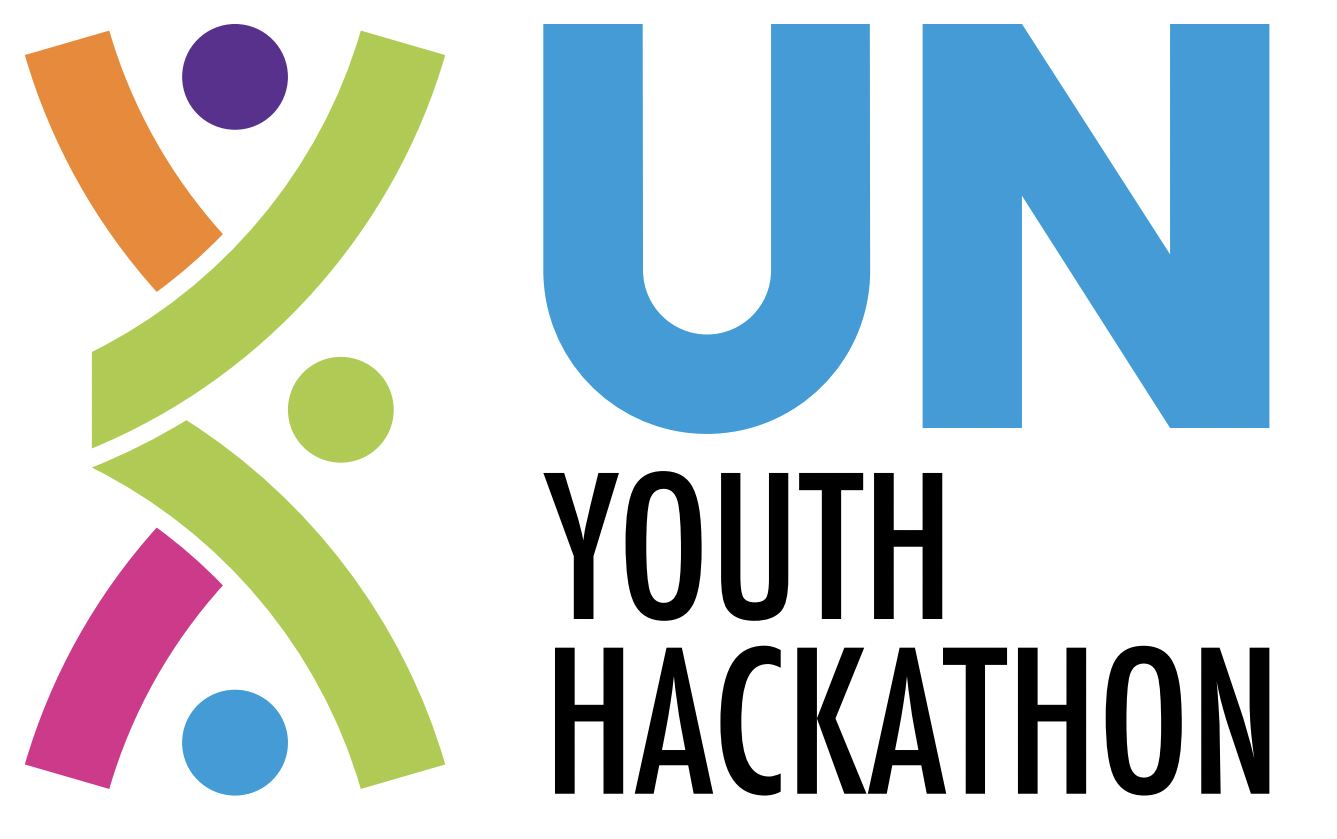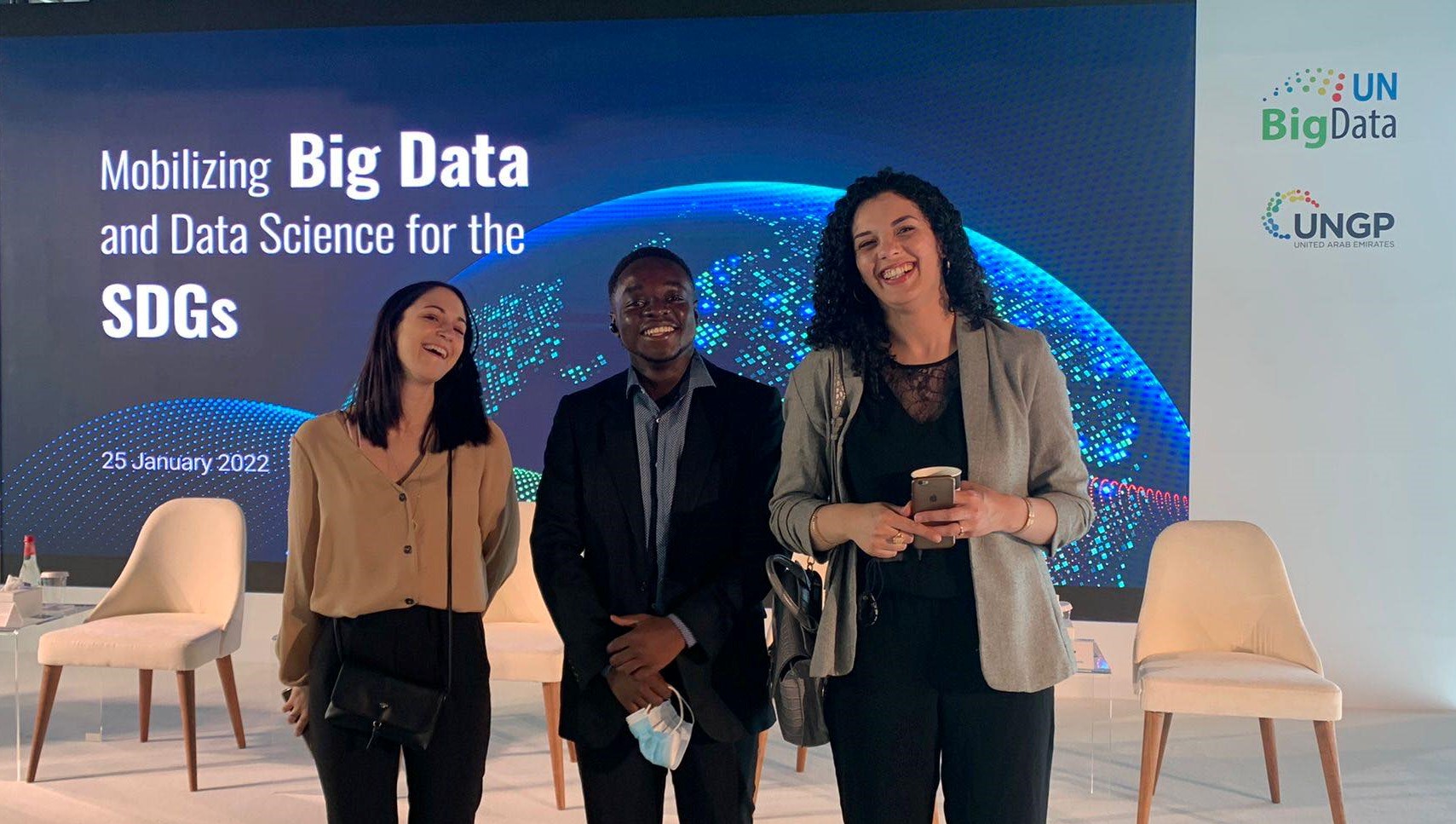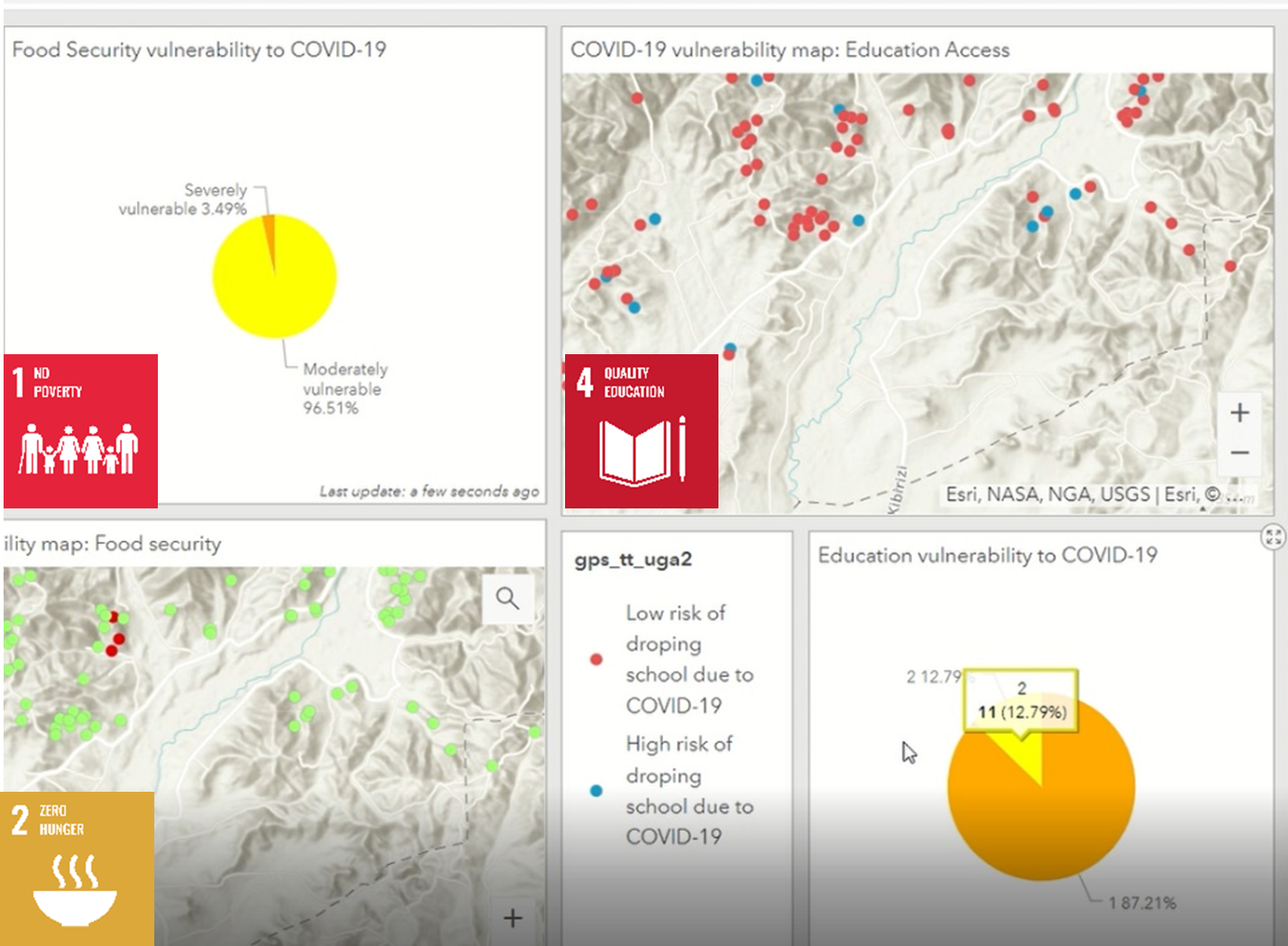Data model to spot covid negative effects awarded by the UN

To tackle this growing challenge, a team of young data-science experts from Morocco, France, and Cote d‘Ivoire, decided to voluntarily join the Hackathon launched by the United Nations MGCY, the official group of Children & Youth to foster youth participation towards the achievement of United Nations processes.
 The innovation competition took place over 3 days, in December 2021, and required the 70+ teams engaged in the race to build a public decision support tool, based on open-source big data and data science, to inform development agencies and governments in their decision making to effectively deal with "The impact of COVID on the SDGs".
The innovation competition took place over 3 days, in December 2021, and required the 70+ teams engaged in the race to build a public decision support tool, based on open-source big data and data science, to inform development agencies and governments in their decision making to effectively deal with "The impact of COVID on the SDGs".
The independent team formed by Oumaïma Boukamel, (Monitoring & Evaluation Manager), Marine Jouvin (Development Economics Ph.D. Candidate), and Jean-Philippe Kouadio (Data Scientist), who are also part of Touton‘s sustainability team, decided to focus its model on “Understanding household’s vulnerability to COVID’s consequences in Uganda”. Leveraging on their capacity to access concrete data on the tropical commodities supply chain in Uganda where Touton is based, the team has developed a comprehensive model based on machine learning that was awarded the first prize of the UN MGCY Hackathon.
Their smart machine was “trained” using data collected from the World Bank and the Uganda Bureau of statistics on the same 2225 households. With a set of variables used as « predictors » (LSMS variables) and a set of variables used as « predictions » (COVID data), the team built a model to predict the vulnerability of any household regarding food security poverty) and education (SDG 4- education). The aim is to help organizations implementing projects in the field to improve their targeting. Touton’s data was used as an application dataset for the model to generate the final visualization dashboard. The predictive model incorporated the socio-economic data collected from 304 coffee farmers in Uganda, to visually generate maps and charts to highlight those households that are most at risk. 
The award ceremony took place on 25th January 2022 in Dubai during the “Mobilizing Big Data & Data Science for SDGs” event organized by UN Big DATA in Dubai and the United Arab Emirates authorities. The UAE Minister of State for Youth handed over the price to the winners before they were able to join in a follow-up workshop on data capacity building in regional National Statistic Offices.
As a leading supply chain manager for tropical agricultural commodities, Touton’s approach to sustainability is anchored in the reality of the supply chain. To produce impact, it must be informed by strong data evidence. The group has invested in technology, but most importantly in younger talents with data and academic sciences expertise, to build that capacity towards making value chains more sustainable.
The winning team is now planning to further enhance the model, refining its accuracy, and replicating it to also assess child labor and deforestation risks. They will develop further the interactive portal and dashboard to improve the targeting of Touton’s sustainability programs in coffee supply chains and continue working towards the United Nations SDGs.